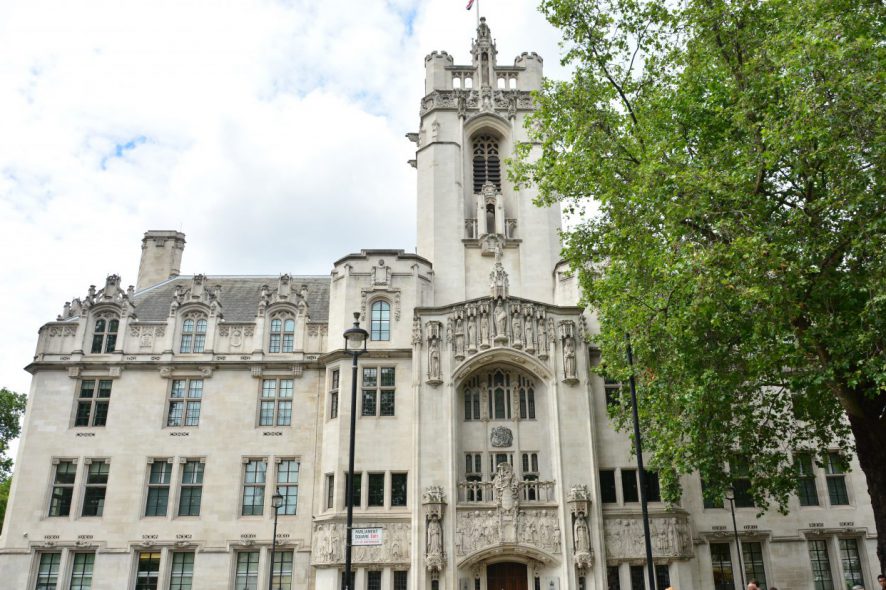Supreme Court of United Kingdom: In the matter concerning the interpretation of Section 83 of the Nationality, Immigration and Asylum Act 2002, Lord Hughes held that Section 83 can be read as a matter of language a number of ways, some are more natural than others. “In particular, Section 83 appears to focus on the time when the asylum claim has been rejected, for it is concerned with appeals against this decision, and then to ask whether, when a claimant wishes to appeal, the condition in subsection 1(b) is met.”
It was also stated that the purpose of Section 83 is very clear that provide an additional and more targeted right of appeal beyond the ordinary one created by Section 82 and that Section 83 was molded to create an extra right to appeal for those who have a longer period to leave. Thus the most valid interpretation of Section 83 is that grants of leave to remain bring the claimant within the section providing that such leave totaled more than 12 months counting from the date of refusal or later grant, and whether the grants were made before or after refusal.
In the present case, the appellant, a citizen of Uganda, was granted limited leave to remain in the United Kingdom as a student. Before that time had expired, he applied for asylum on the grounds that the Ugandan government’s treatment of him might be affected because of his brother was suspected of being involved in terrorist activities in Uganda. His appeal was rejected by the Secretary of State, she contented on case AS (Somalia) v Secretary of State for the Home Department [2011] EWHC 627 (Admin) where it was said that no more than 12 months’ leave associated with the first refusal of asylum, and no refusal of asylum associated with the much later grant of indefinite leave. The present appellant plea was too dismissed by the Court of Appeal. [MS (Uganda) v. Secretary of State for the Home Department; [2016] UKSC 33; decided on 22nd June, 2016]


